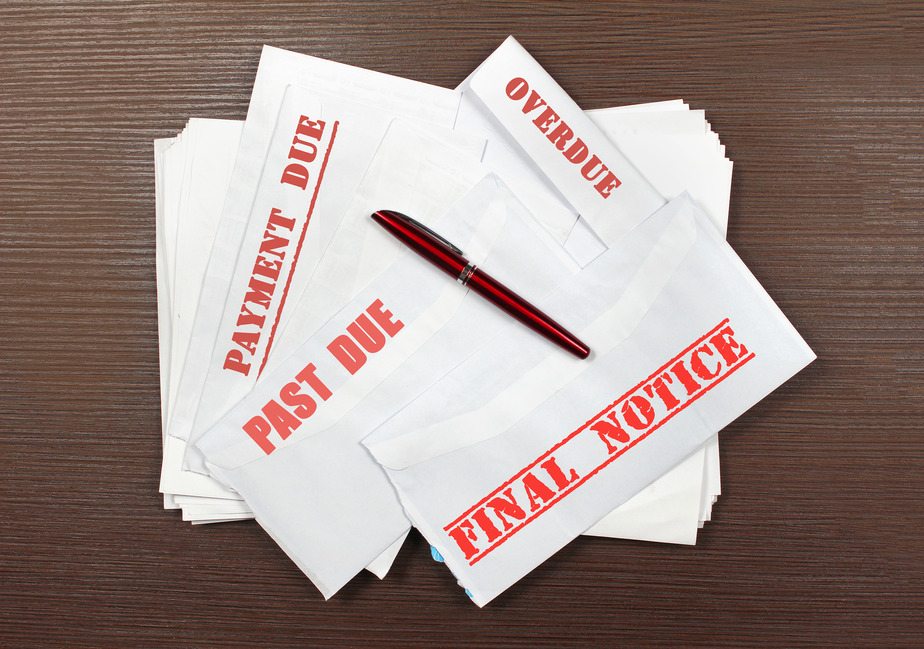If you’ve been successful finding and buying a house then you might be tempted to let down your guard and assume all the hard credit improvement work is behind you. You’d be mistaken. Signing on the dotted line and walking out with your keys does not mean that maintaining good credit suddenly becomes irrelevant.
It’s especially important to make all of your mortgage payments on time because missing missing them can quickly become a nightmare that surpasses that of any other loan type. Missed mortgage payments are handled differently than missed payments on other credit obligations, and you will want to avoid the side effects like the plague.
Credit Score Impact
It is no secret that late payments on any financial obligation can cause severe credit score damage. Mortgage payments are no exception to the rule.
35% your FICO credit scores are derived from the “Payment History” category of your credit reports and late payments are “Extremely Influential” to your VantageScore credit scores. Making payments on time leads to higher credit scores and late payments lead to lower credit scores. It’s that simple.
Having said that, mortgage late payments can even more damaging than a late credit card payment. The reason why mortgage lates can be so damaging is because credit scores are also negatively impacted by past due balances.
Since the past due balance on a late mortgage payment is almost certainly going to be higher than the past due balance on a missed credit card payment, it is easy to see how mortgage late payments can cause the most damage.
What Are Suspense Accounts?
While mortgage companies may technically accept a partial payment from a consumer, it does not mean that a mortgage company will actually apply that partial payment to the consumer’s loan.
Instead, when a consumer sends in a partial payment the funds are set aside in a mortgage suspense account. In the bank’s eyes, when a partial payment is placed into a suspense account the consumer is still late and has not actually made his mortgage payment.
When the borrower makes another payment the aggregate of the two payments likely will be enough to apply to the oldest outstanding statement.
Partial payments translate into rolling late payments every single month and those will show up on your credit reports.
Here is how it works: If you owe $1,500 on a mortgage payment in January but only send in a payment of $1,00,0 then those funds are set aside in a suspense account.
On February 1st a 30-day late payment is reported to your credit reports. If the you send in another $1,000 in February then $500 will be added to the funds in the suspense account plus a little extra for a late fee.
Those funds will be credited to your account for the January payment. However, February’s payment will remain unpaid and the balance will remain in the suspense account. This payment pattern will lead to late payment reporting your credit reports every single month or until you actually catch up.
Foreclosure
The foreclosure process and laws vary from state to state. However, in most cases a consumer can anticipate that foreclosure proceedings will begin somewhere between the time he has become 90 to 180 days past due on his mortgage loan.
Foreclosure is a nasty experience. Not only you and your family be forced to move out of your home, but also a foreclosure will trash your credit scores and will make it virtually impossible for a consumer to purchase a new home for at least 2-4 years on average.




